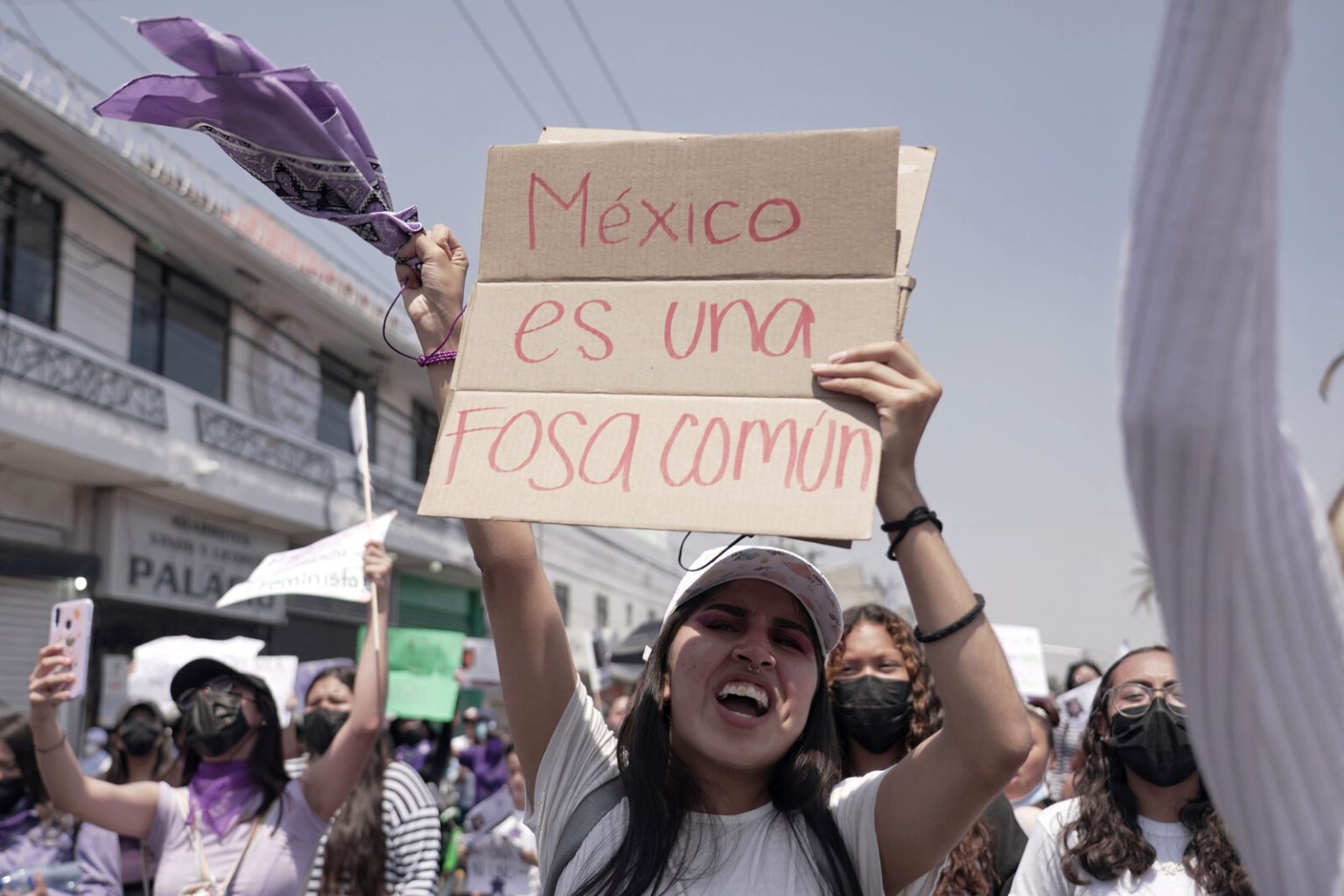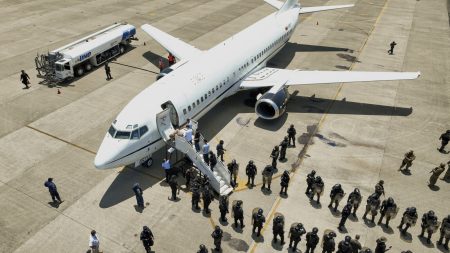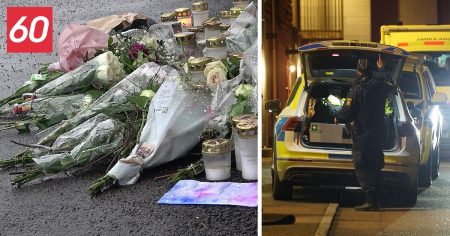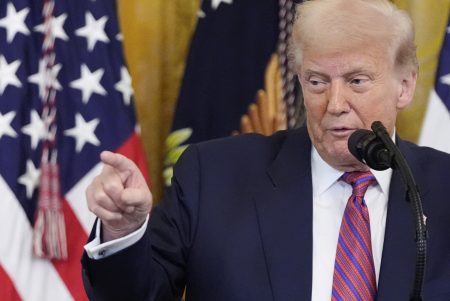The discovery of unmarked mass graves in northern Mexico underscores the enduring and devastating impact of drug-related violence that has plagued the country for over a decade and a half. The recent findings in Chihuahua state, containing the remains of 56 individuals, add another grim chapter to the ongoing narrative of disappearances and extrajudicial killings. These clandestine burials, often located in remote areas, represent not only the loss of life but also the systematic attempt to erase the victims and silence their stories. The involvement of the military in the exhumation process highlights the complex interplay between security forces and the ongoing efforts to address the pervasive violence. While the discovery and exhumation of these graves represents a crucial step towards identifying the victims and potentially bringing perpetrators to justice, it also serves as a stark reminder of the immense challenges Mexico faces in combating organized crime and providing closure for grieving families.
The recent discoveries in Chihuahua follow a disturbing pattern of similar findings across the country. Just days prior, authorities in Jalisco state confirmed that a mass grave discovered on the outskirts of Guadalajara contained the remains of 24 people. This urban setting for such a grim discovery underscores the widespread reach of cartel violence, extending beyond remote rural areas and into the heart of major metropolitan centers. Similarly, the December discoveries in Chiapas and Chihuahua, totaling 43 bodies, highlight the geographical breadth of this crisis, affecting communities across diverse regions of Mexico. These recurring discoveries of mass graves paint a chilling picture of the ongoing violence and the desperate attempts to conceal its devastating consequences. The sheer number of bodies recovered underlines the scale of the human tragedy unfolding in Mexico, a crisis that demands sustained national and international attention.
The proliferation of mass graves in Mexico is intrinsically linked to the escalating drug war that began in 2006. Since then, the country has witnessed an alarming surge in homicides, with over 450,000 murders registered. This staggering statistic reflects the brutal reality of the conflict between rival cartels vying for control of lucrative drug trafficking routes and territories. The resulting violence has not only claimed the lives of those directly involved in criminal activities but has also ensnared countless innocent civilians caught in the crossfire. The climate of fear and impunity has created a fertile ground for enforced disappearances, with tens of thousands of individuals vanishing without a trace. These disappearances often precede the discovery of mass graves, adding another layer of anguish and uncertainty for families desperately searching for their loved ones.
The discovery of these clandestine burial sites represents a significant challenge for Mexican authorities. Beyond the immediate task of exhuming and identifying the remains, investigators face the daunting task of piecing together the circumstances surrounding the deaths and bringing those responsible to justice. The often fragmented and degraded state of the bodies complicates forensic analysis, making identification a painstaking and lengthy process. Furthermore, the prevailing climate of fear and intimidation can hinder witness cooperation, making it difficult to gather crucial evidence and build successful prosecutions. The sheer volume of cases adds further strain on already overburdened investigative and judicial systems, hindering efforts to achieve accountability and provide closure for the families of victims.
The ongoing discovery of mass graves in Mexico underscores the urgent need for a comprehensive and multifaceted approach to addressing the root causes of the violence. While law enforcement efforts are crucial in dismantling criminal organizations and apprehending perpetrators, a long-term solution requires a broader strategy that addresses the underlying social and economic factors that contribute to the cycle of violence. This includes investing in education, creating economic opportunities, strengthening the rule of law, and promoting human rights. Furthermore, addressing corruption within government institutions and security forces is essential to building public trust and ensuring accountability.
International cooperation also plays a vital role in supporting Mexico’s efforts to combat organized crime and address the humanitarian crisis. Sharing intelligence, providing technical assistance, and collaborating on cross-border investigations are crucial steps towards dismantling transnational criminal networks and bringing perpetrators to justice. Furthermore, international pressure can play a significant role in promoting human rights and ensuring that the Mexican government upholds its obligations to protect its citizens. Ultimately, addressing the complex and deeply rooted challenges posed by drug-related violence in Mexico requires a sustained and collaborative effort, involving government, civil society, and the international community. Only through such a comprehensive approach can Mexico hope to break the cycle of violence and build a more peaceful and just future for its people.














